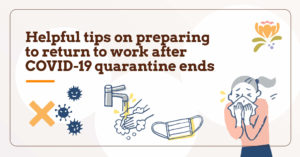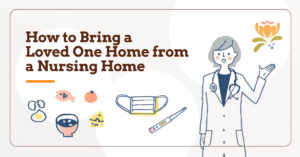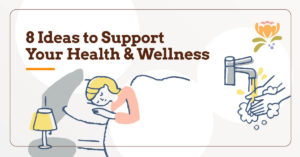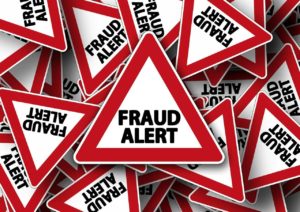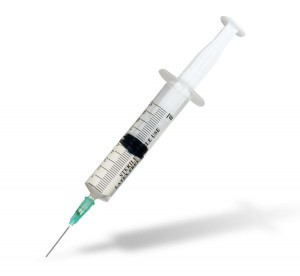 We all know the health care community encourages an annual flu shot. For older adults, primary care physicians also promote the pneumonia vaccine. But another preventative vaccination gaining more attention is for Shingles.
We all know the health care community encourages an annual flu shot. For older adults, primary care physicians also promote the pneumonia vaccine. But another preventative vaccination gaining more attention is for Shingles.
Has your physician or your aging loved one’s recommended it?
What should you consider before deciding whether or not you want the singles vaccine?
To help you and your family make informed decisions about this important topic, I pulled together a Shingles Vaccine Q&A. I hope it helps:
Q: What is Shingles?
A: Shingles is caused by the varicella-zoster virus, the same virus that causes chicken pox. It is a skin rash that often develops in to blisters. The pain from it can be excruciating.
Q: What are the Symptoms of Shingles?
A: Early signs of shingles may be easy to overlook. Symptoms can include itching, tingling and numbness. They are usually concentrated on one side of the body.
Q: Who is at Risk of Developing Shingles?
A: If you had the chicken pox as a child, you still have the virus in your body. It never completely goes away. Instead, it stays dormant in your body. Then when your immune system is weakened from stress or an illness, it reactivates. Those 50 years of age and older are considered to be at highest risk.
Q: Does the Shingles Vaccine Really Help?
A: The vaccine, Zostavax, reduces the risk of developing Shingles by 50%. It also helps prevent the virus being spread to others. If you have already had Shingles, the virus may block a recurrence.
Q: Who Should Get the Vaccine?
A: While the vaccine is approved for anyone over the age of 50, the Center for Disease Control (CDC) strongly encourages those over 60 to be vaccinated.
Q: Is There Anyone Who Should NOT Receive the Vaccine?
A: Yes. The following people should NOT be vaccinated:
- Those with gelatin allergies or with allergies to any of the ingredients in Zostavax.
- Those with HIV/AIDS or other immune system disorders.
- Those receiving radiation or chemotherapy treatments.
- Pregnant women or those who might be pregnant.
- Anyone taking a drug that affects the immune system, such as steroids or Humira.
- People with a history of lymphoma or leukemia.
If you would like to learn more about the Shingles vaccine, the CDC websitehas great resources that can help.
Have you or a loved one received the vaccine?
Has your physician recommended the Shingles vaccine?

